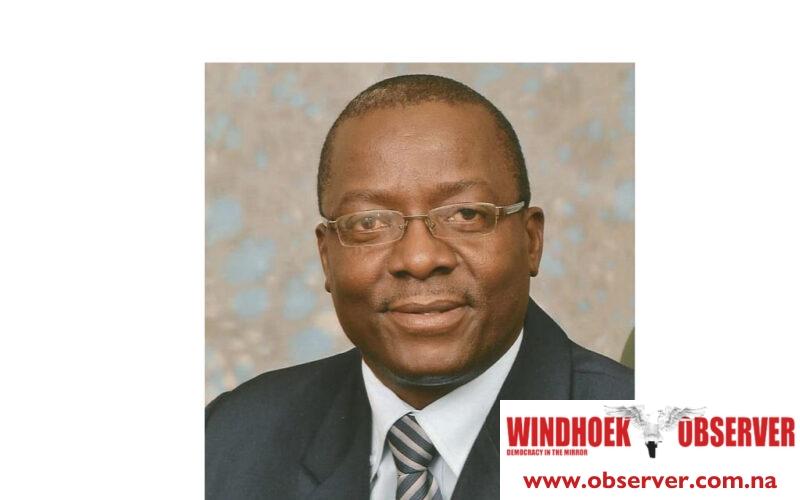Martin Endjala
The long wait for the Regional and Constituency, Development (RCDF) Fund bill is now over after it was finally tabled in the National Assembly by Urban and Rural Development Minister Erastus Uutoni this week.
The bill aims to address the financial constraints of regional constituencies and provide much-needed funding for various projects.
The bill has long been on the cards of the National Council with many members of parliament expressing a unanimous agreement that regional and local authorities need additional funds to carry out various projects.
During his motivation in tabling the bill, Uutoni said that if passed, it would repeal and replace the Trust Fund for Regional Development and Equity Provisions of Act no 22 of 2000, which in a way provided for regional development funding but was found to have shortcomings.
If promulgated, the bill will be known as the Regional Constituency, Development Fund Act of 2024.
Uutoni stated that as per policy provision and the effectiveness of regional councils to deliver on their statutory mandate for the wellbeing of their communities at the constituency level, the current bill is largely hampered by the lack of requisite financial resources.
It is for this reason the National Council through the relevant committee initiated the idea of the RDCF and conducted consultations in all regions.
The bill is a pro-decentralisation initiative that aims to provide additional funding from the central government to the regional constituency levels to boost community-based small-scale scheme development projects intended to address development needs.
“The proposed funding approach thus empowers regional governments and gives political leaders and their constituents an opportunity and flexibility to direct resources to support development initiatives at grassroots levels,” said the Minister.
Uutoni further said that besides its potential to serve as an important tool for addressing and contributing towards poverty eradication, by assisting constituencies with development projects.
In terms of the provision of basic services, the fund bill will further boost the confidence of communities in their development initiatives and contribute to employment creation for young people through locally initiated projects.
The proposed bill if passed, will also see community participation in development planning, and reduce poverty through scheme project orientation by communities, thereby reducing reliance on central government once projects are successfully executed.
The Minister also highlighted that the decentralisation policy of 1997 provides for coordinating and development committees namely, the Regional Development Coordination Committees (RDCCs), Constituency Development Coordination Committees (CDCs) and Settlement Development Committees (SDCs) which have been established and are fully operational in all regions.
The Minister said that these are the channels used by the national development budget when funding. However, due to many needs, some regions do not receive funding as a result.
Another challenge is that projects initiated by sectors or implementers are also not designed to cater to small-scale schemes in the regions.
National Council member Paulus Mbangu, said he hopes the bill can be treated as an urgent matter and get it finalised before the conclusion of parliament for the current year.
“The longer we wait, the severity of conditions in the regions continues to delay projects that are in dire need,” he commented.




